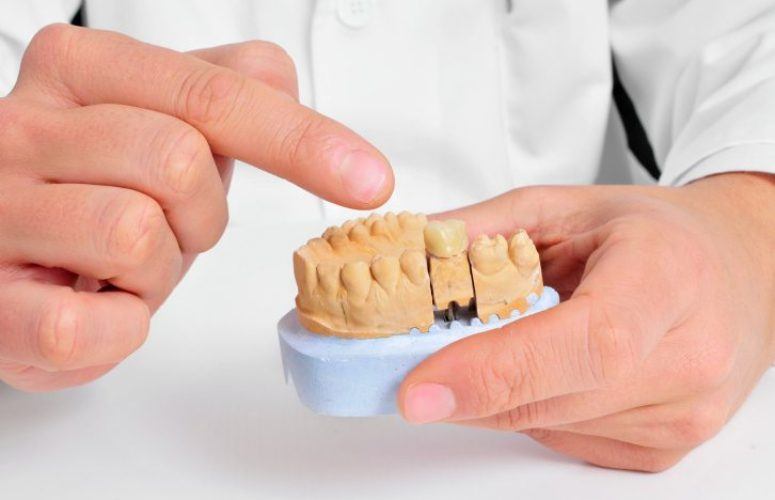
New Research Grants for Stevens Total More than $5 Million
On Mar 25, 2016Stevens Institute of Technology has announced that the number of research grants the institute has received since February 1 totals more than $5 million, with the bulk of the awards coming from the US Department of Defense (DoD) and US Department of Homeland Security (DHS).
The largest award ($2.75 million) came from the DHS to support a multi-year program to develop and deploy a system of sensors that would defeat small and medium Unmanned Aerial Systems (UAS), commonly known as drones, to protect critical infrastructure and people. The Stevens research team, led by Dr. Hady Salloum, director of the DHS S&T Center of Excellence for Maritime Security at Stevens, will provide key elements of this program, including the development of a test bed, development and demonstration of an acoustic sensor solution, and contributions to other program efforts including modeling and simulation.
During this period, Stevens also received more than $1.5 million from the DoD in support of research into a variety of systems engineering solutions, including improving and developing the systems engineering workforce at the DoD, and advancing a new layer of cybersecurity protection against supply chain and insider attacks.
Another notable award related to cybersecurity came from the Office of Naval Research, which awarded Stevens nearly $500 thousand to support research into protecting the federal government’s computer networks against security breaches like the one that occurred at the Office of Personnel Management in 2015. Stevens researchers, led by Georgios Portokalidis, computer science professor at Stevens, will conduct research into software security solutions that can be applied to large and complex software found on production systems to ward off such attacks and improve reliability.
Last month, computer engineering professor Negar Tavassolian was selected to receive the Faculty Early Career Development (CAREER) Award from the National Science Foundation (NSF). The award is the most prestigious honor for up-and-coming researchers in science and engineering. Along with the highly-competitive award, Tavassolian will receive a $500,000 grant from the NSF to begin an immediate project that will apply millimeter-wave technology to biomedical imaging applications in an effort to diagnose skin cancer tumors earlier and more effectively than is currently possible. As part of the project, Tavassolian will also create educational programs in partnership with Liberty Science Center in Jersey City and a new Stevens graduate-level course in the biomedical applications of electromagnetics.
Related Articles:





